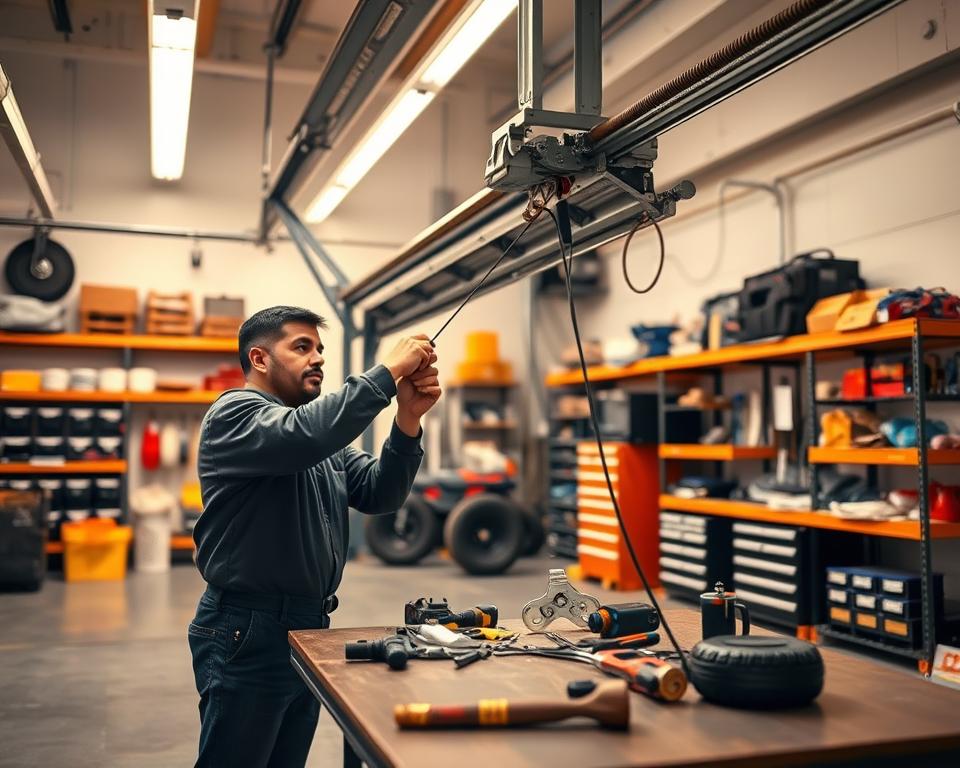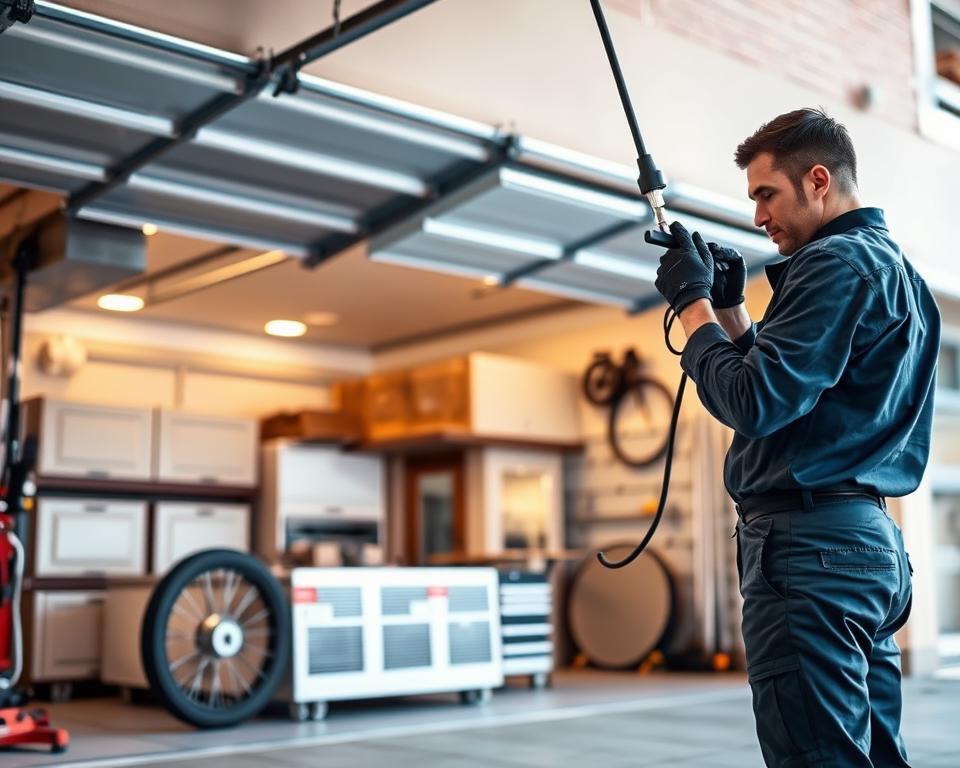Unleash Digital Success with a Top NYC SEO Company
Were you aware 75% of people rarely move past the first page of search outcomes? In this internet era, harnessing search engine optimization is essential for enterprises, especially in NYC’s dynamic market. A foremost SEO company New York can revolutionize your enterprise, amplifying your web visibility and engaging you with your ideal customers. With seasoned professionals in search engine optimization NYC, like Marketing 1on1, you get bespoke strategies to ascend the SERPs. This elevates natural traffic and enhances your conversion rate and growth prospects in a ultra-competitive market.
Opting for NYC SEO solutions entails choosing a partner who grasps the local market, tendencies, and edge needed to be noticed. Poised to elevate your online presence?
- 75% of visitors rarely scroll beyond the initial page of search outcomes.
- Engaging an skilled NYC SEO firm enhances your presence.
- Proven SEO approaches are able to substantially boost unpaid traffic.
- SEO is indispensable for firms in competitive marketplaces like New York City.
- Tailored New York SEO solutions cater to your particular business needs.
Why Select a NYC SEO Partner?
Opting for an SEO firm in NYC offers considerable benefits. In light of the urban area’s intricate market dynamics, local SEO offerings are indispensable for firms looking to connect deeply with their customers. By tailoring approaches to New York’s singular setting, businesses can differentiate themselves in a rivalrous market.

NYC Local Advantage
SEO professionals in New York bring knowledge that national agencies may neglect. Their local experience allows them to formulate tactics that resonate with local consumers. This method ensures businesses engage effectively with their customers, increasing their exposure in search listings.
Grasping Regional Market Trends
Keeping up with local market trends is vital to impactful SEO campaigns. An SEO firm in New York City specializes in studying these trends, using this data to hone tactics. This adaptability results in more effective promotions, providing businesses an edge over rivals without this regional understanding.
Access to Sector Partnerships
Local SEO services in New York City frequently boast links to influential media and online networks. These connections unlock promotional avenues, boosting brand awareness. Utilizing the networks of SEO specialists in New York can greatly improve marketing efforts, attracting more traffic and wins.
Primary Services from NYC SEO Agencies
SEO companies in NYC deliver a wide range of solutions to enhance your web visibility. They focus on both on-page and off page SEO to improve your site’s visibility and generate traffic. By using technical SEO practices, they ensure your website complies with search engine standards. Content marketing is key to attracting visitors and building brand interaction. Here’s a look at the core offerings from a premier SEO agency in NYC.
On Page vs Off Page Approaches
On page optimization improves your site components to enhance pertinence and functionality. This involves optimizing content, enhancing metadata, and site architecture. Off-page SEO, on the contrary, establishes your website credibility through link building and social platforms. Both are vital for successful New York SEO services.
Backend SEO for Maximum Performance
Technical SEO ensures your website performs smoothly and can be crawled by spiders. It entails improving loading speeds, creating a mobile-friendly layout, and adding structured data. These measures substantially improve UX, a crucial element for any optimization effort in New York City.
Strategic Content Marketing
Content marketing is essential for drawing and keeping visitors. SEO firms in NYC produce high-quality, relevant content that resonates with your audience. This approach nurtures engagement and builds customer loyalty, making it a integral part of New York SEO services.
Driving Traffic with SEO
Powerful search engine optimization in NYC is crucial to boosting your online presence and drawing more traffic. By partnering with a expert NYC SEO company, businesses can see a significant uptick in organic traffic. This is a vital element for long-term success. Knowing how SERPs work allows companies to execute SEO strategies that deliver tangible results.
Enhancing Search Rankings
An optimized website has a better opportunity of achieving higher positions on SERPs. This involves using relevant search terms, optimizing site structure, and providing fast performance. When done correctly, these actions by a top NYC SEO company can make a company more noticeable to customers. This boosted exposure not only increases traffic but also improves brand credibility. People frequently trust organic results more than paid ads.
Generating Quality Leads through Organic Search
Produce material that addresses your ideal customers. By creating educational and compelling material, firms can draw in quality leads. These prospects are more likely to become loyal customers. Using local SEO techniques helps companies link with their neighborhood, making it simpler to turn traffic into customers. This natural approach leads to superior visitors and maximizes marketing returns.
Why Local SEO Matters in New York City
Local SEO is vital for firms in New York City. The city’s competitive environment makes a strong localized SEO plan indispensable. It boosts visibility in SERPs, linking firms with community members. This approach makes companies reliable choices for those looking for services.
Increasing Prominence in Local Queries
Using NYC local optimization assists focus on localized regions. Refining for local keywords improves the chances of showing up in pertinent searches. This is essential in NYC, where people frequently search for close-by solutions. By being prominent in local listings, businesses can grow walk-ins and revenue.
Cultivating Community Confidence
A solid digital footprint creates local trust. Local SEO creates a trustworthy reputation, making companies industry authorities. In New York City’s diverse neighborhoods, optimization expertise from specialists can demonstrate unique offerings. This connects with the audience, fostering a sense of connection with the brand.
Analyzing Your Current SEO Performance
Understanding your current SEO performance is essential for any company seeking to boost its online presence. Regular analysis sheds light on what works and weak points. By evaluating key metrics, firms can fine-tune their approach to NYC optimization.
Leveraging Metrics for Success
Accurate tracking requires tracking critical metrics to measure SEO success. Important indicators include:
- Site visits
- Conversion rates
- Keyword rankings
These indicators help companies assess the effectiveness of their SEO efforts. Many seek the best SEO company in New York City for expert analysis and strategy enhancement.
Recognizing Growth Opportunities
Every SEO strategy can be improved. Ongoing reviews uncovers areas for development. Examine patterns in user behavior, exit rates, and page load times. Such insights enable identify underperforming content and optimize it for improved interaction.
Engaging professional assistance ensures your firm leverages targeted New York SEO offerings for targeted improvement.
The Process of Partnering with an NYC SEO Company
Working together is key when companies collaborate with SEO specialists in NYC. The first step includes a comprehensive consultation about objectives and challenges. This conversation is vital for setting realistic objectives and defining KPIs.
Initial Consultation and Goal Setting
Businesses share their vision and specific targets during this stage. SEO experts in NYC pay close attention to comprehend the unique hurdles each company faces. They align business goals with SEO objectives, establishing a solid base for future strategies. Clients get customized insights that fit their distinct requirements, ensuring the SEO strategy fits NYC’s competitive scene.
Crafting a Personalized SEO Blueprint
After the consultation, the NYC SEO company delves deeply into the business profile and industry. They analyze competitors and spot market trends that shape SEO strategies. The outcome is a bespoke SEO strategy to enhance online presence and interaction. This plan not only reaches the intended audience but also sets the stage for sustained growth and visibility in a rivalrous landscape.
Tools and Tactics for SEO in NYC
SEO has transformed into a intricate discipline, necessitating the right methods and resources for businesses to excel online. Premier SEO agencies in New York City employ advanced analytics platforms to track KPIs. This allows for accurate adjustments to strategies, boosting online performance significantly.
Harnessing Analytics Tools
Analytics platforms are the heart of successful SEO initiatives. They analyze site analytics, visitor patterns, and engagement statistics. This assists SEO professionals pinpoint what’s working and what needs tweaking. With local SEO services, businesses receive bespoke reports that reveal geographic trends. This aids in optimizing promo plans.
Competitor Analysis for Edge
Competitor evaluation reveals competitors’ pros and cons, revealing market gaps. This information allows businesses seize opportunities that others overlook. A leading SEO firm in NYC uses software to track keyword rankings and link metrics. This positions companies for better impact.
| Tool | Purpose | Benefit |
|---|---|---|
| Google Analytics | Records site metrics | Reveals user behavior and referral origins |
| SEMrush | Analyzes keywords and opportunities | Uncovers competitor keywords for improved focus |
| Ahrefs | Backlink analysis | Strengthens link-building strategies |
| Moz | Optimization recommendations | Offers professional guidance for page optimization |
Evaluating SEO Campaign Results
Consistent tracking and analysis are essential to ensuring your SEO efforts are productive. Working with an SEO firm in NYC helps monitor important metrics. By doing so, you can see how your SEO plans are impacting your website.
Using defined Key Performance Indicators (KPIs) provides a transparent picture of your campaign’s success. This insight is essential for making data-driven choices about your SEO plan.
Important KPIs for SEO
Selecting the appropriate KPIs is critical for assessing the success of SEO services in New York. Here are some important metrics to keep an eye on:
- Increase in organic visitors
- Keyword rankings
- Conversion performance
- Site abandonment rates
- Site speed
Consistent monitoring of these metrics helps companies adjust their plans. This ensures they stay on track with their overall objectives.
Frequent Reporting & Refinements
An competent SEO company in New York City provides comprehensive analyses on your campaign’s performance. These insights show trends and weak spots. Regular assessments enable preemptive updates to your strategy.
This makes certain your SEO efforts remain current to market changes and customer behavior. It’s a perpetual process that maintains your strategy sharp and impactful.
NYC SEO Agency Pricing
For businesses aiming to expand digitally, knowing the cost factors of working with the top SEO company in NYC is crucial. Pricing differs based on deliverables, agency expertise, and scope. It’s vital for businesses to understand these fee models to choose what matches their budget and goals.
Understanding Pricing Models
There are multiple pricing models in search engine optimization in NYC. Many companies offer services through:
- Hourly Rates: Suitable for companies requiring discrete services or consultations.
- Ongoing Retainers: Ideal for ongoing services, providing steady improvement and strategy updates.
- Result-Driven Fees: Pricing linked to achieving specific results, matching the firm’s goals with the client’s results.
Budget Considerations for SEO
When budgeting, it’s vital to see SEO costs as a ongoing commitment. Effective SEO gains traction over time, generating steady visitors and prospects. Companies should budget for not just initial costs but also ongoing expenditures for continuous expansion. Putting funds into SEO is one of the most wise marketing investments, with significant returns outweighing the initial costs.
SEO Fallacies Exposed
Understanding SEO can be complicated, leading many companies to fall prey to common misconceptions. These myths can harm promo campaigns and hinder growth. SEO experts in NYC often face these false beliefs, causing issues and lost chances. It’s essential to dispel these myths to enable effective SEO strategies.
Misguided SEO Notions
Many believe SEO is a single action or that overusing keywords guarantees high rankings. These ideas can discourage companies from using local SEO services in New York City and implementing a comprehensive SEO strategy. Continuous optimization and staying updated with best practices are key to achievement in the dynamic digital world.
Search Algorithms Unveiled
Search engine algorithms are complex and constantly evolving. They focus on UX and relevant content, not old-school methods like keyword stuffing. To achieve authentic outcomes, businesses must adapt their strategies with algorithm updates. Working with seasoned SEO experts in NYC can help you navigate updates, making sure your marketing efforts remain up-to-date and effective.
Emerging SEO Developments
Staying abreast of the digital world’s rapid changes is vital for businesses. SEOs are always refining their ranking systems, urging companies to evolve their SEO strategies. A top New York SEO agency can assist you in navigating changes, ensuring your brand remains visible digitally.
Handling Algorithm Updates
SEO in NYC faces a constant battle with search algorithm changes. These updates can significantly impact your site’s visibility. To stay ahead, companies must regularly update their SEO plans. This proactive approach helps reduce the impacts of algorithm shifts.
AI and Voice Search Trends
Voice search and AI are becoming more dominant. As more users use voice assistants, tuning for natural speech is crucial. Integrating AI into your SEO can also boost your keyword strategy and content. Partnering with a experienced NYC SEO company can assist you harness these technologies, attracting more targeted visitors and engagement.








